Saquia Rachid – “Tufo is joy”
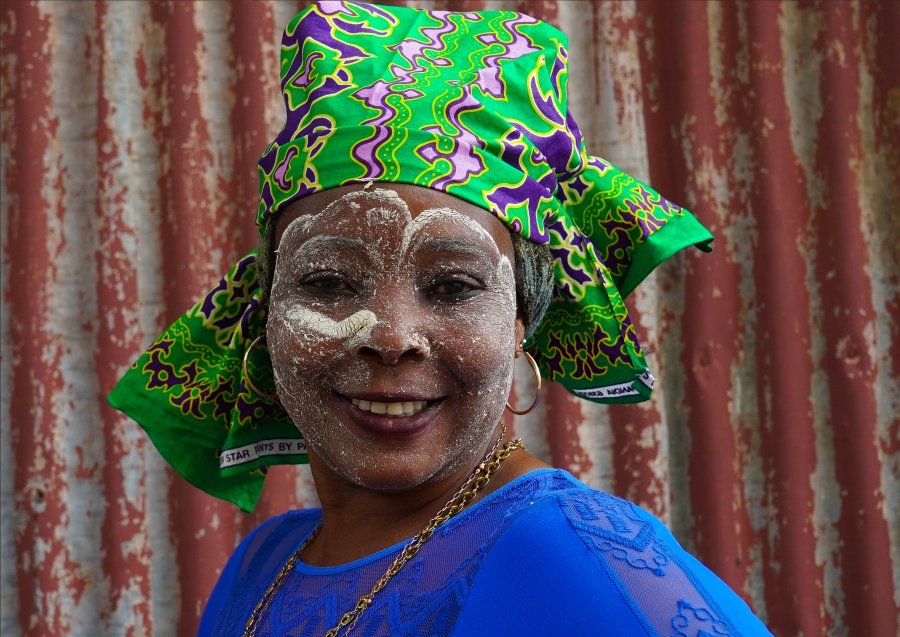
She loves the stage, as she sees it as an open window on the world. From Mafalala, in a house made of wood and zinc, Saquia Rachid dreams of taking tufo as far as possible. With an easy smile and ever friendly gaze, in her body and soul this woman retains features that denounce her Emakhuwa origins.
Starting with the capulana, a longtime companion. Colourful and filled with patterns, the fabric is the first choice when deciding what to wear, a time when there is also no shortage of jewelry, m’siro and other elements that enhance the beauty and fiber of the muthiana orera (“beautiful woman”, in emakhuwa).
As she speaks, she readjusts the knot of the capulana turban on her head. In her voice, echo melodies and songs that serve as therapy to scare away ghosts and evil spirits.
“Tufo is for dancing. You can’t sing or dance with wrinkles on your face,” she explains, revealing that she finds, in rhythm, a space to free herself. “In tufo, you have to vent everything that’s in your heart, remove all the evil from your thoughts and move around to show people that you’re dancing of your own free will. Tufo is joy”.By the same will, she assumed the leadership of Tufo da Mafalala, more than 25 years ago. The ensemble is, today, composed exclusively of women, but it already had men in its ranks. “Things are changing.
At the time, those who danced the tufo, here in Mafalala, were the men. It was just like that in Nampula,” she recalls. It was from the hands of a man, she tells us, that she received the responsibility of leading one of the oldest music groups in Mozambique that is still active.“Tufo is over 50 years old and is an inheritance I got from my late father-in-law. He danced, sang and even jumped rope.
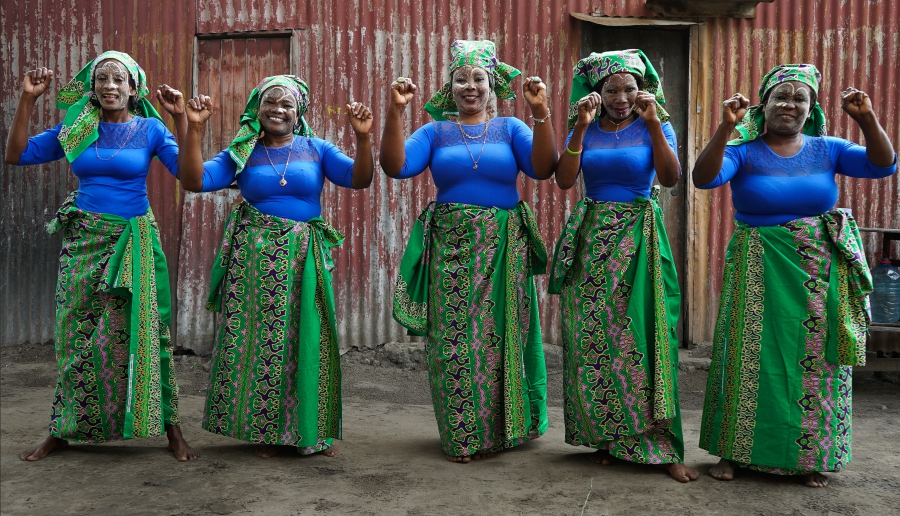
He was a cheerful, happy man who felt no embarrassment,” she recalls with nostalgia and resignation. “He went away and left Tufo to me,” she says.In front of the group, Saquia Rachid reached unthinkable heights. She toured the world and made the tufo echo on several stages. She performed in Milan (Italy), in the Reunion Islands, at the Bushfire Festival (Eswatini), in addition to several presentations on home soil, the most recent being at the Azgo Festival. “I take to the stage with no sadness, to sing, dance and show everything I know,” she says.
The next step is the release of the very first CD, later this year. The project already has a shape and a name. It is called “Hodi Mafalala” to summarize the group’s journey, its connection with the historic neighbourhood, as well as its position in the artistic and cultural panorama of the country.“It means that Tufo is here, in Mafalala, where it was founded, open to talk and tell its story,” she explains, adding that this moment, for the group, is one of overcoming and celebration.
“I never imagined that one day we could record an album, a video clip or a song, but the time has come for us to show what Tufo da Mafalala is capable of.
“In this project, the sound and voice (flavoured by strings of Swahili influence) sing of love, celebrate beauty and extol the strength of women, at the same time speaking of morality and everyday events, without losing its trademark style.
This is Tufo da Mafalala’s first studio experience, far from the usual live concerts and performances at social celebrations. For this reason, it is, for the group, a great challenge, undertaken with the mission of including appealing messages about various events in society’s day-to-day life.
Edição 80 Jul/Ago/ Set| Download.

























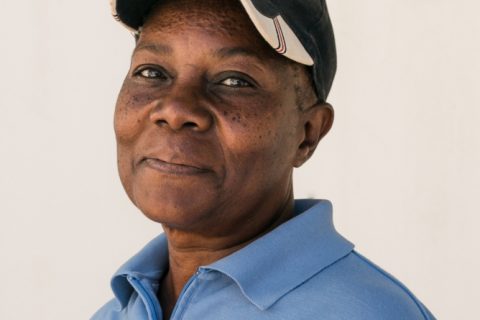






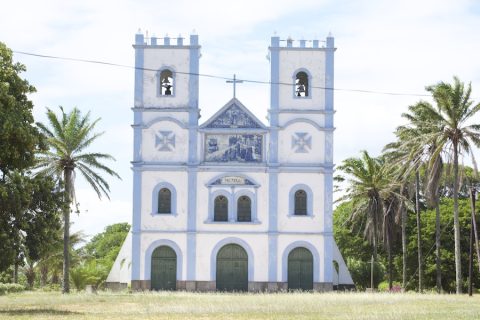
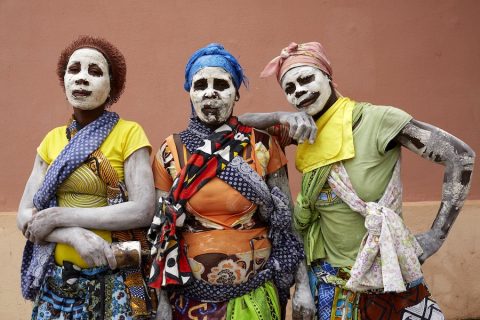



0 Comments